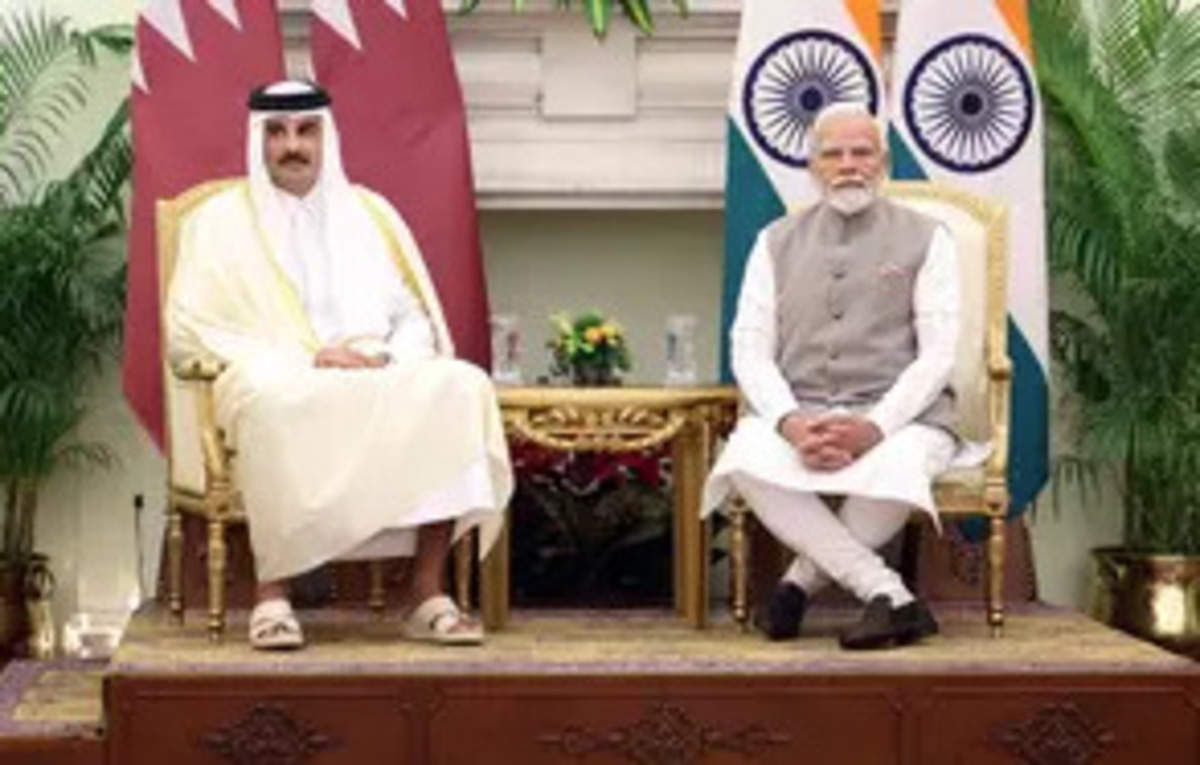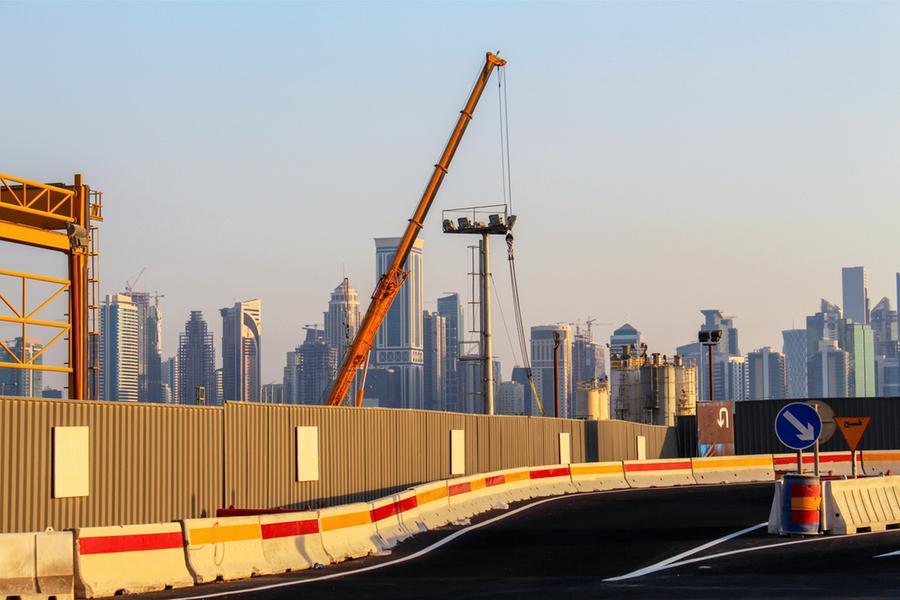ICC seeks arrest of Russian officers over infrastructure attacks in Ukraine

It is the second time the court has announced arrest warrants for Russian officials in relation to the war in Ukraine.
The International Criminal Court (ICC) has issued arrest warrants for high-ranking Russian commanders Sergei Kobylash and Viktor Sokolov over alleged war crimes in Ukraine, it said in a statement.
The ICC said on Tuesday that the pair were responsible for “missile strikes carried out by the forces under their command” against Ukrainian electric infrastructure from at least October 10, 2022, until at least March 9, 2023.
“During this timeframe, there was an alleged campaign of strikes against numerous electric power plants and sub-stations, which were carried out by the Russian armed forces in multiple locations in Ukraine,” the court said.
The warrants mark the second such warrants issued calling for the arrest of Russian officials related to the war in Ukraine, a conflict which recently hit the two-year mark.
In March last year, the ICC issued arrest warrants for President Vladimir Putin and Children’s Commissioner Maria Lvova-Belova on war crimes charges related to the abduction of Ukrainian children. The Kremlin has rejected the allegations.
The ICC said the attacks led by Koblylash and Sokolov on Ukraine’s electrical grid caused civilian harm which was excessive when compared with any expected military advantage.
Before the ICC’s announcement, Ukraine’s prosecutors were already investigating possible war crimes after a winter campaign of air raids on Ukrainian energy and utilities infrastructure.
Ukrainian President Volodymyr Zelenskyy welcomed the ICC’s decision on Tuesday.
“Every Russian commander who orders strikes against Ukrainian civilians and critical infrastructure must know that justice will be served. Every perpetrator of such crimes must know that they will be held accountable,” he said on social media platform X.
Russia has denied deliberately targeting civilian infrastructure in Ukraine, saying that its attacks are conducted to limit Kyiv’s ability to fight.
The Geneva Conventions and additional protocols under international courts say that militaries should distinguish between “civilian objects and military objectives”, without attacking the former.
However, some infrastructure owned and used by civilians can also be a military target, with some experts arguing civilian power plants or railways could fall into this category.
As with Putin and Lvova-Belova, there is little prospect that either Kobylash or Sokolov will be turned over to face trial in The Hague.
Russia is not a member of the court, does not recognise its jurisdiction and refuses to hand over suspects charged by the court.
Related
Ashghal commences roads, infrastructure development in Birkat Al Awamer
Doha, Qatar: The Public Works Authority 'Ashghal' started the implementation of the Roads and Infrastructure Development Project in Birkat Al Awamer. T
India-Qatar trade agreement must be approached with caution: GTRI –…
India should tread cautiously on a potential free trade agreement (FTA
Qatar’s Ashgal likely to award industrial areas infra consultancy contract…
Qatar’s Public Works Authority (Ashghal) is expected to award the design and lead consultancy contract for the North of New Industrial Area Roads and Inf
Qatar’s $2.5bn green bonds fund enhances renewable energy and infrastructure
Doha, Qatar: Qatar continues to boost its investments in sustainable development, demonstrating its competitiveness on the global stage. An official no












